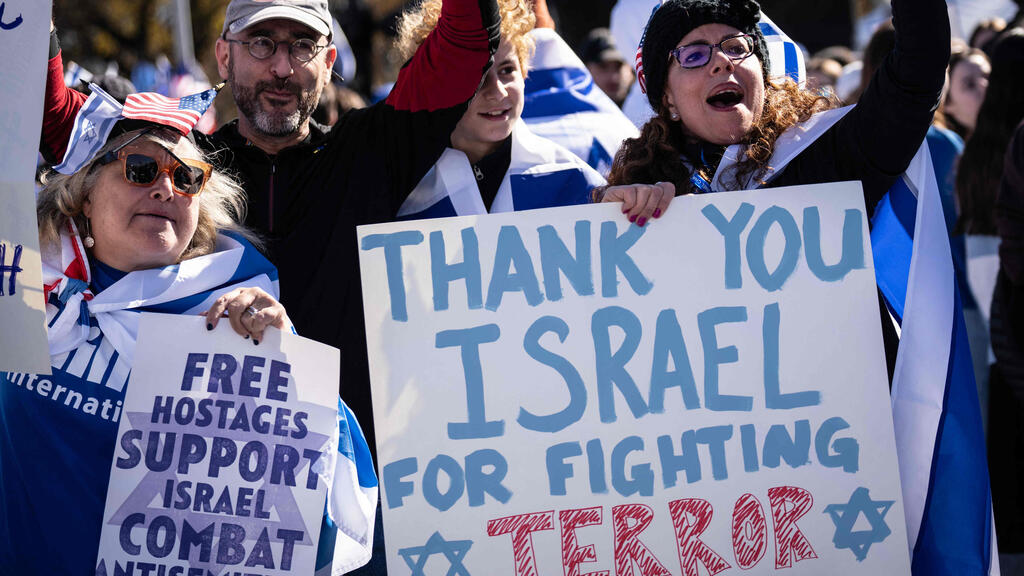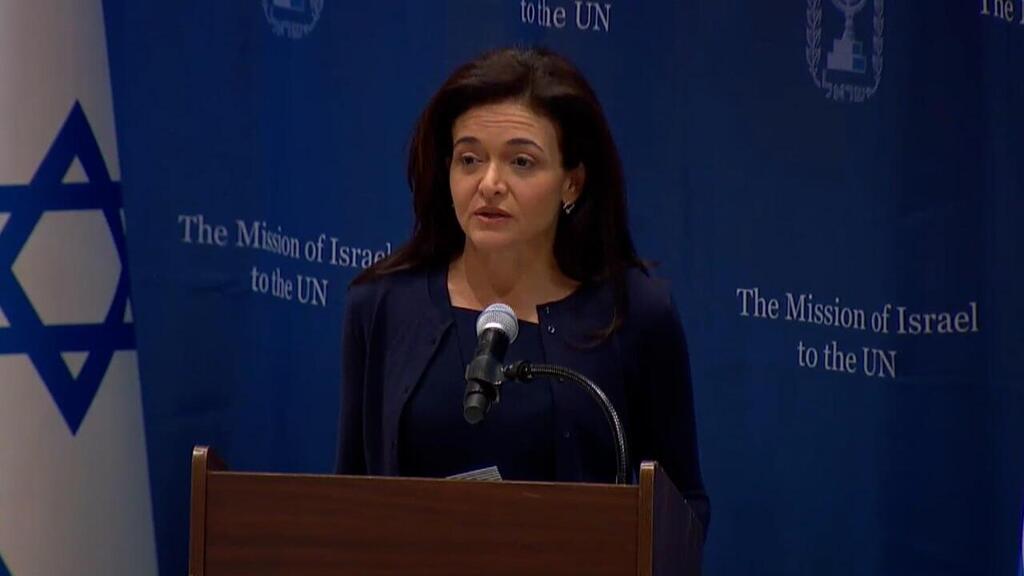Getting your Trinity Audio player ready...
“It changed me fundamentally, and not in a negative way, but in a positive one. People have often asked me, ‘Are you an American Jew or a Jewish American? Which comes first?’ Since October 7, I am a different person. My Jewish identity has expanded significantly. I am sitting here as a proud Zionist and a proud Jew, far more so than I was before this tragedy.”
These powerful words from Sheryl Sandberg, former COO of Meta (Facebook), encapsulate a profound shift experienced by many Jews worldwide after the October 7, 2023, terrorist attacks by Hamas. At the General Assembly (GA), the annual gathering of North American Jewish communities held in November, Sandberg gave voice to a sentiment reverberating throughout Jewish communities: a renewed drive to reconnect with Jewish roots and strengthen Jewish identity. This urgency is particularly felt among those who had drifted away from their Jewish or Israeli ties, seeking to reestablish a sense of belonging.
Sandberg herself has spent months working on a documentary titled "Cries, Then Silence," which focuses on Hamas' sexual violence during the attack.
The Jews of October 8
In academic circles, these individuals are referred to as the “Jews of October 8”—Jews who, previously distant from Judaism or Israel, felt an acute need to reconnect after the attacks. This reconnection often occurs through traditional Jewish institutions or innovative, alternative means.
Attorney Dor Lasker, deputy director of the Israeli nonprofit "Atchalta," which focuses on Israel-Diaspora relations, explains: “This phenomenon is much bigger than Israel. Being a ‘Jew of October 8’ doesn’t mean they suddenly become pro-Israel or supporters of Israeli politics. For American Jews, this is about grappling with their Jewish identity and delving into their personal connection to it. Many express support for Israel, but they also feel that Jewish identity and experience are being erased from public spaces. As a reaction, they are deepening their exploration of Jewish identity, with Israel serving as one path in that journey.”
Get the Ynetnews app on your smartphone: Google Play: https://bit.ly/4eJ37pE | Apple App Store: https://bit.ly/3ZL7iNv
Silvio Joskowicz, head of the Zionist Enterprises Department at the World Zionist Organization, sees October 7 as a pivotal moment: “That day shattered the romantic, invincible image of Israel. This collapse has prompted deep reflection in Jewish communities worldwide, leading many to question their assumptions about Israel. Simultaneously, October 7 opened a window for significant shifts within the Jewish community.”
When asked about the changes observed in Jewish communities, Joskowicz outlines three main groups:
Strengthened Connection: Jews who were already connected to Israel and Judaism have further solidified their ties.
Disillusioned Idealists: Those who felt aligned with liberal values like environmentalism and human rights—often through a Jewish lens—felt abandoned by these movements. This was especially evident on college campuses, where many Jews were marginalized.
Seeking a New Way In: Individuals who now wish to connect but find traditional Jewish organizations unable to meet their needs. Simple acts like donating to Israeli soldiers or attending classic Jewish events feel insufficient to them.
Lasker believes Israel must play an active role: “Israel needs to support these individuals in their exploration. More communities are seeking niche expressions of Judaism, focusing on cultural aspects rather than religious or spiritual ones. While October 7 was a tragedy, it also presents an opportunity that we must not miss.”
Hila Drechler, director of Zionist Enterprises at the World Zionist Organization, who attended several Jewish conferences in the U.S. recently, describes Israel’s central role in these discussions: “There’s no question that the initial shock of what happened had a profound impact on every Jewish community. Over time, as the war continues and global narratives evolve, we see some people distancing themselves from Israel again. On the other hand, many young people and others I met at these conferences said they’ve become far more active in Jewish communities since October 7.”
One persistent challenge in Israel-Diaspora relations is determining the boundaries of the “Jewish tent”—who belongs, and what topics are included or excluded. In workshops held by Atchalta and the World Zionist Organization, this issue was widely discussed.
A pro-Israeli protest in London
(Video: Israeli Embassy in London)
Yahal Porat, director of the Judaism as Culture Unit at the World Zionist Organization, elaborates: “A tent without boundaries lacks definition. There needs to be clarity about what’s inside and outside the tent. For example, denying Israel’s existence, supporting colonial narratives, or excusing terrorism should remain outside. But we also need to continue defining the shared values that bring us together and expand the tent to welcome more people.”
Bridging the generational gap
Many young Jews perceive Jewish institutions as outdated and uninviting. However, there is a growing desire among younger generations to deepen their Jewish identity and engage in meaningful ways. Porat highlights several strategies to achieve this:
Dialogue and Engagement: Creating open forums for discussion and exchange.
Cultural Connection: Hosting events centered around Jewish holidays and traditions—not strictly religious, but infused with values, history, and shared experiences.
Innovative Programming: Offering virtual ceremonies, cultural events, and other modern approaches to engage with Judaism.
Another complex issue is fostering connections between Diaspora Jewish communities and local Israeli communities. Historically, these connections have not formed naturally due to cultural differences.
Drechler notes that change is underway: “We’ve seen increasing collaboration, especially around shared causes like advocating for the release of hostages. There’s a growing willingness among Israelis to integrate into Jewish institutions and feel a sense of belonging, which was previously lacking.”
Ultimately, while October 7 brought immense tragedy, it also sparked a renewed exploration of Jewish identity and unity, offering a rare opportunity to redefine what it means to belong to the global Jewish community.








